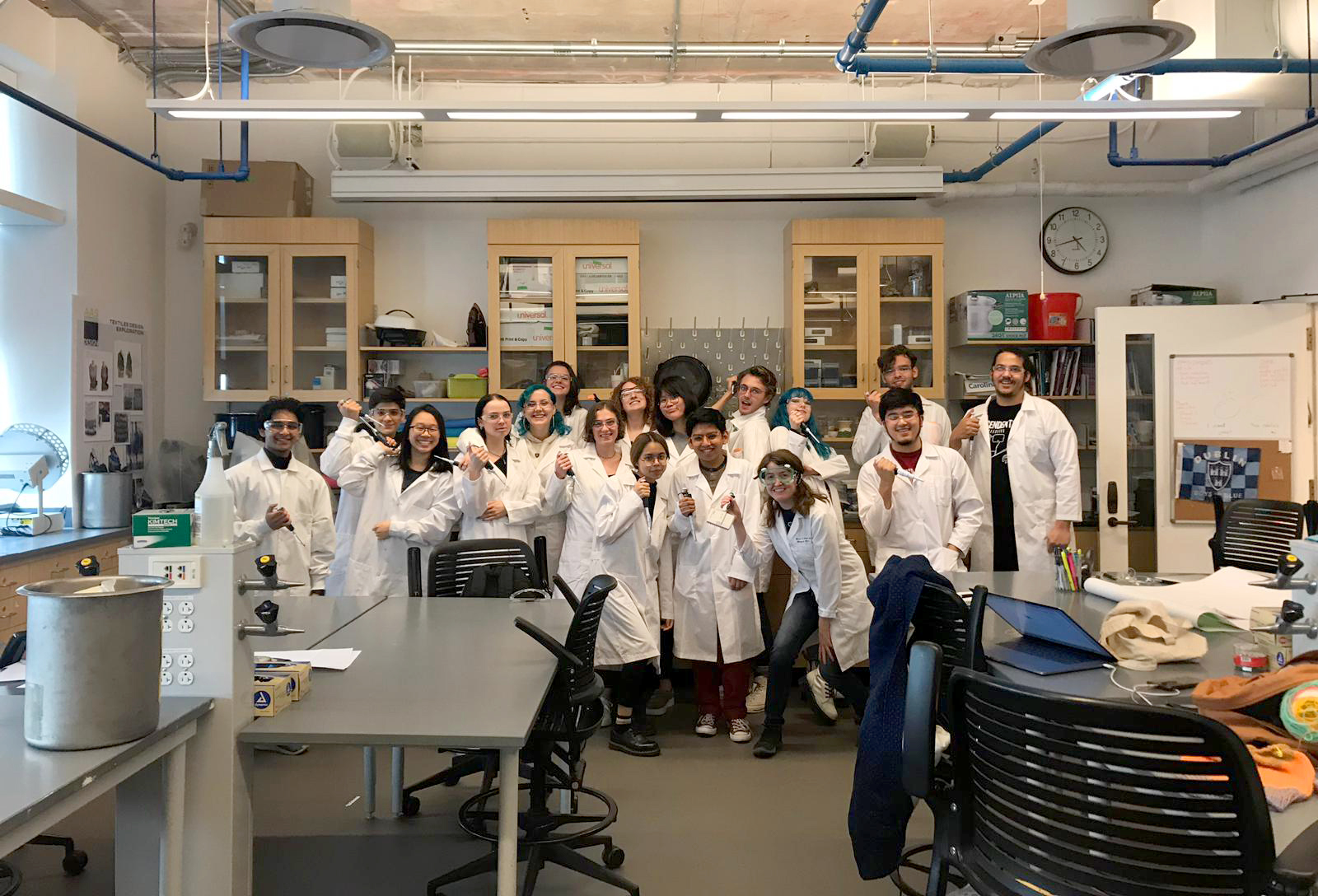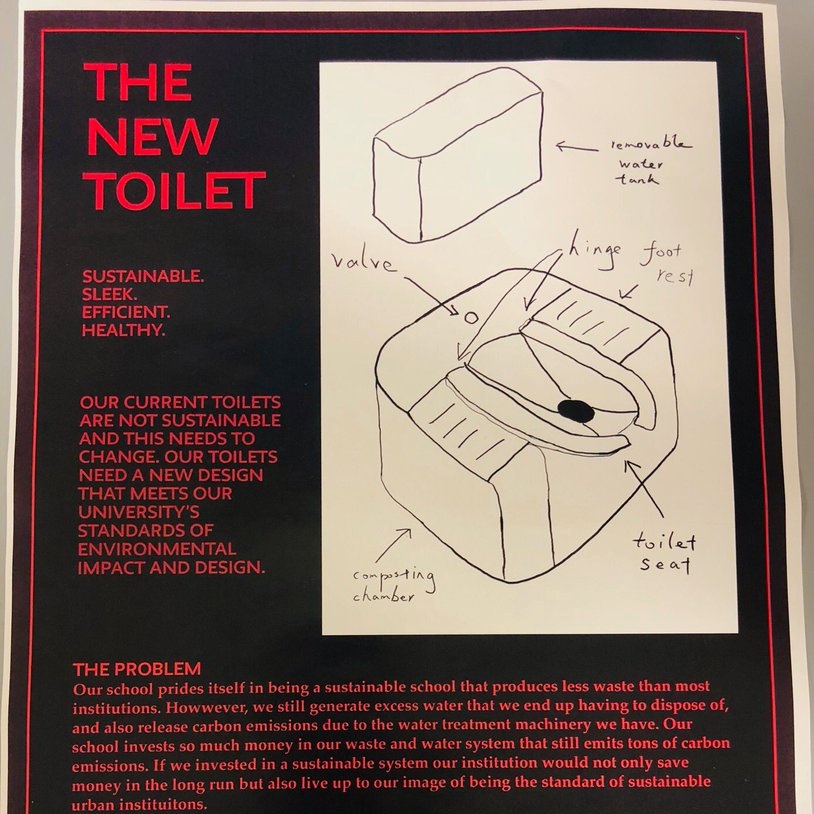Course development and teaching
EVOLUTION, MUTATION, & COMPUTATION
This course will examine the basic concepts and principles of evolutionary theory, the theory that underpins all fields of biology. Though evolution is often the subject of controversy, the theory is bolstered by evidence coming from many distinct fields of science and research. Topics will include natural selection, genetic drift and shift, species and speciation, micro and macroevolution, and evolutionary issues in modern society. Students will solidify their understanding of evolution and explore their own questions about the theory using three kinds of experimentation: bacterial adaptation to antimicrobials; Avida ed simulations using digital life forms; and modeling and computational investigations using NetLogo. Student learning will be assessed using case studies, primary literature discussions, quizzes, laboratory write-ups, team projects, and in-class exams. This course satisfies the intermediate course requirement for the Interdisciplinary Science major Prerequisite: Microbial Ecologies or Genes, Environment, and Behavior.
MICROBIAL ECOLOGIES
In this course we will investigate the role that human activity can play in the ecological and evolutionary processes that generate, maintain, and perturb biodiversity in urban and rural, biotic and abiotic environments. Students will be introduced to contemporary ecology practices including computer-based simulations, statistics and modeling, as well as modern microbiological molecular and sequencing approaches. Ecosystem structure and processes in a variety of habitats, including soils, oceans, and the human gut as well as ethical considerations of sustainability, bioremediation and environmental justice will be reviewed to provide the foundational knowledge for an authentic four-week research project investigating the microbiome of the urban environment. Concepts will be reinforced with in-class assignments, case studies and discussions and learning evaluated by quizzes, laboratory write-ups, team projects, discussions of the primary literature, and in-class exams.
MICROBIOME OF URBAN SPACES
Though most bacteria in buildings are friendly, forming the microbiome of the building, a small minority are pathogens, capable of causing disease in humans. In this authentic research course, students will join the research team of Prof. Smyth, and tackle questions regarding how pathogenic bacteria can reside and survive in buildings such as: Is the type of material important in determining how long a bacterium can stick to a surface? Are some types of bacteria stickier than others? Are chemicals used in buildings driving the emergence of antibiotic resistant bacteria? Students will engage with the literature of antibiotic resistance research; learn about local citizen science projects, government-driven, national and global efforts to combat resistance; and finally, having conducted research and generated data, present their findings in a public forum to other scientists. The course involves isolating and characterizing antibiotic-resistant bacteria colonizing the campus, using a range of classical and next-generation microbiological techniques and correlating these findings with metagenetics, a novel technology that allows the researcher to sample all DNA at a site. Throughout, students will document their progress in online laboratory notebooks, participate in weekly lab meetings and discussions of the literature, conduct and troubleshoot experiments, and finally present their work in poster format.
To view the interactive microbiome of the sampling from the Spring 2019 class, as shown below, click here.
HOW THE TOILET CHANGED THE WORLD
In this project-based seminar, we focus on the development of the toilet and its impact on sanitation and public health from the earliest biblical accounts to the present day and beyond. Class discussions will draw on news articles, blogs, and selections from scientific papers, and labs will contribute to the instructor's microbiological research investigating the impact of human activity on New York water bodies and ecosystems. We will approach access to toilets as a social justice issue both as a public health threat as well as a threat to public safety, particularly that of women. Students will learn about how toilet design and use differs across our globe according to cultural, economic, and political differences. Lastly, students will learn about current developments in improving sanitation and toilet access and how intrepid and creative individuals are developing ways to make money from poop. Assignments will include weekly reflective blogs, laboratory activities, and a collaborative project to design and market concept toilets that are aesthetically pleasing, affordable for low-income communities, and minimize their impact on planetary health. At the end of the course we will assess how this course has affected your perception of how toilets have impacted humans from the perspectives of public health, social justice, aesthetics and design.





